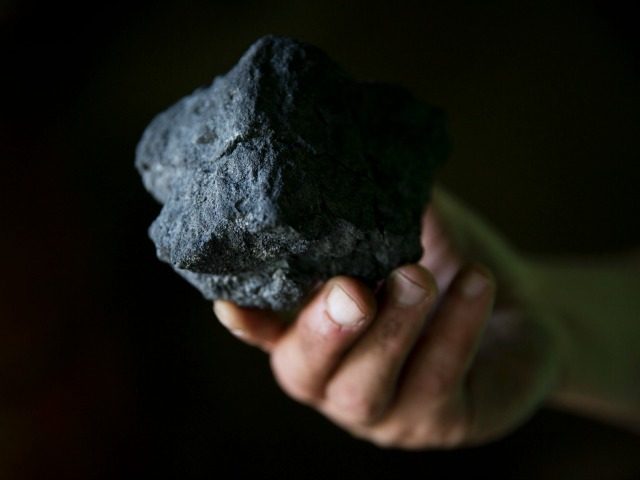Just when Hillary Clinton’s “deplorables” comment set a new low for insensitivity, we saw another real zinger this week from former Clinton White House staffer William Galston.
In a smug Wall Street Journal op-ed, Galston deemed the “war on coal” a claim perpetuated by Sen. Mitch McConnell (R-KY) to reinforce the coal community’s perceived “victimhood.”
Meanwhile, back on Planet Earth, a few things have happened:
- In 2008, President Obama promised, “If somebody wants to build a coal-powered plant, they can. It’s just that it will bankrupt them.”
- The president’s subsequent MATS rule shut down at least 33 GW of coal-fired power in the United States.
- His recently announced moratorium on federal coal leases locks up sizable portions of western coal reserves.
- The new Stream Protection Rule (SPR)—written while the administration spent six years dodging its legal obligations to state mining agencies—could potentially eliminate half of existing U.S. coal mines.
- And, the Clean Power Plan—currently stayed by a concerned Supreme Court—would likely eliminate 40 percent of America’s remaining coal fleet.
Even with this obvious, open-ended hostility from Washington, however, America’s coal communities are being told, “Sorry, natural gas simply outcompeted you.” And all of that even as the president simply made good on his 2008 promise.
Now we’re left with stark choices. Donald Trump has promised a “targeted review” of the Clean Power Plan because it “forces investment in renewable energy at the expense of coal and natural gas, raising electricity rates.” Hillary Clinton, in contrast, has praised President Obama’s efforts to keep fossil fuels “in the ground,” and wants to fully implement the Clean Power Plan.
Essentially, Clinton wants to end coal use, and Trump wants to defend it.
It’s important to note that new, coal-based power plants in the United States are up to 90 percent cleaner than the older plants they replaced, thanks to the widespread use of scrubbers and high-tech emissions controls. And these clean-coal plants still generate 33 percent of all U.S. power. That means any effort to lock up coal could spark an electoral backlash.
Here’s why: Seventeen states are up for grabs in the fall election. Notably, 13 of them rely on coal for up to half of their electric power. These 13 swing states represent a whopping 149 electoral votes. That’s more than half the amount needed to reach the White House.
The question come November could be whether or not voters in these coal-dependent states are willing to happily surrender their durable, cheap electricity along with the jobs it supports.
Understandably, they may not want to give up on coal. The power plants in these “Big 13” states generate some of the lowest electricity prices in the nation, and also support roughly 370,000 jobs and $90 billion in economic activity. That sort of financial interdependence between coal power and the surrounding economy can’t be switched off overnight. Especially when these same states plan to invest $58.5 billion by 2020 to make their power plants cleaner.
If coal becomes a pocketbook issue for voters this fall, “keeping coal in the ground” may not be a winning message for political candidates any more than it is a practical energy policy for the country.
President Obama has already seen the shuttering of 200 coal plants, and will likely witness the closing of another 46 of them soon. At the same time, energy experts are warning of the grid’s increasing vulnerability to power shortages. A hit to coal and affordable power will undoubtedly knock Americans hard in the wallet. And so, come November, coal may well be as potent a political issue as it is an important energy source.
Terry M. Jarrett has served on both the National Association of Regulatory Utility Commissioners (NARUC) and the Missouri Public Service Commission.

COMMENTS
Please let us know if you're having issues with commenting.